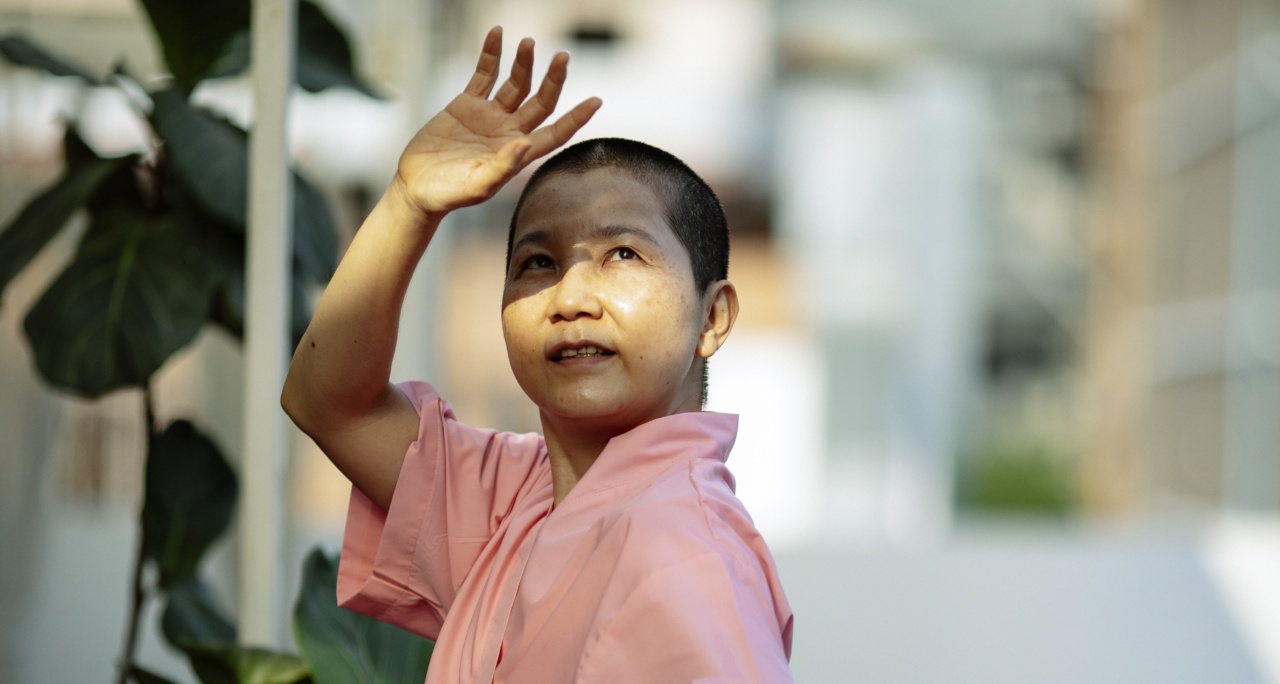Cancer is a deadly disease that affects millions of people around the world. According to the World Health Organization (WHO), cancer is the second leading cause of death globally.
While there is no sure way to prevent cancer, there are some easy lifestyle changes you can make to reduce your risk of getting the disease.
Eat a healthy diet
One of the most important habits you can adopt to prevent cancer is to eat a healthy diet. This means filling your plate with plenty of fruits and vegetables, whole grains, and lean protein.
You should also limit your consumption of processed foods, red meat, and sugary drinks. Additionally, you should avoid processed meats like bacon, sausage, and hot dogs, which have been linked to an increased risk of cancer.
Avoid smoking and secondhand smoke
Smoking is one of the leading causes of cancer. Cigarettes contain harmful chemicals that can damage your cells and increase your risk of developing cancer. If you smoke, quitting is the best thing you can do for your health.
If you don’t smoke, try to avoid exposure to secondhand smoke, which can be just as harmful.
Limit alcohol consumption
Drinking alcohol in excess can lead to a variety of health problems, including an increased risk of cancer. The more you drink, the greater your risk of developing certain types of cancer, such as breast, liver, and colon cancer.
To reduce your risk, limit your alcohol consumption to no more than one drink per day for women and two drinks per day for men.
Stay physically active
Regular exercise is another easy habit you can adopt to prevent cancer. Exercise helps maintain a healthy weight and can reduce your risk of developing certain types of cancer, such as breast and colon cancer.
Aim for at least 30 minutes of moderate exercise most days of the week.
Protect your skin from the sun
Exposure to the sun’s harmful UV rays can increase your risk of skin cancer. To protect your skin, wear protective clothing and use sunscreen with a sun protection factor (SPF) of at least 30.
You should also avoid tanning beds, which can be just as harmful as the sun.
Get screened
Regular cancer screenings can detect cancer early when it’s most treatable. Talk to your doctor about which screenings are appropriate for you based on your age and family history.
Avoid exposure to toxins
Toxins in the environment, such as asbestos and radon, can increase your risk of developing cancer.
You should avoid exposure to these toxins whenever possible and take steps to protect yourself, such as wearing protective clothing and equipment if you work in a job with a high risk of exposure.
Manage stress
While stress itself doesn’t cause cancer, it can weaken your immune system and make it harder for your body to fight off cancer cells.
To manage stress, try relaxation techniques like yoga and meditation, and make time for activities that you enjoy.
Stay up-to-date on vaccinations
Certain types of cancer, such as cervical cancer, can be prevented with vaccinations. Talk to your doctor about which vaccines are appropriate for you.
Get enough sleep
Getting enough sleep is important for overall health and can help reduce your risk of developing cancer. Aim for at least seven hours of sleep per night.





























